More Or Fewer Parties Ain't the Solution
Do we Really Need Political Parties?
March 3, 2009 by Jonathan SimeoneIf there were no political parties Congressional elections would tend to be much more local, because there would be no national parties to pump millions into local races. This change would go a long way to make running for Congress more about ideas and qualifications and less about wealth.
There won't be "no parties" because the Constitution guarantees the right of free association; to peaceably assemble to petition for redress of grievances. The Republican & Democrat parties are not creatures of the state, nor do they have a state ordained monopoly. They garner the most activist support and money, so they are most able to field candidates and win elections. If no parties existed, their function would probably be assumed by other organizations: unions & the Chamber of Commerce, for example.
If there were no political parties the influence of the wealthy over our nation’s politics would be greatly diminished, because they would not be able to buy off entire parties simply by writing a few checks. Instead, they would have to make direct contact with every politician they wished to influence. Obviously, a more daunting proposition.In that case, they would operate through section 527 organizations as Soros does already.
If there were no political parties Congressional committee assignments would not be handed out based on ridiculous criterion like party loyalty and seniority. The houses of Congress would individually meet and have to vote as whole groups—rather than parties as it is done now—to choose their body’s leadership and give out committee assignments. As an extra benefit this would do away with the designations of majority and minority; thus, creating a much better climate for compromise.Differences of appearance, not function. Most of those elected would be incumbents who would maintain their previous associations with like minded colleagues.
If there were no political parties the American public would need to be more involved in the electoral process. No longer could they simply show up on Election Day and pull a lever for the party they have always supported.Most would vote on the basis of name recognition, the rest would vote based on what the preacher in their church or their union boss directed them to do. Very few would take the effort required to study issues & candidates more extensively than they do now.
If there were no political parties the influence of special interests would be greatly reduced. This has much to do with money, but I thought it was deserving of a special mention because of how important it is.In the abscence of parties, the influence of special interest groups would be intensified and expanded; they would take over many of the functions now performed by the parties.
If there were no political parties we would be done with stupid polls that tell us how Republicans and Democrats view different issues. After all, the only thing that matters is how Americans view the issues that are impacting our nation.Polls are a means of metrication and manipulation. In the abscence of parties, they would be sponsored by special interest groups and individual campagins instead of by parties. The news media would also continue to commission voter opinion surveys.
In closing, I strongly believe that our system of political parties, more than anything else, is responsible for the corruption that plagues our system and the polarization that makes getting anything done very difficult. If we want to make sure that the politicians start considering what we want we need to eliminate as many of the barriers that exist between us and them as we can. And while eliminating the party system will not solve all of our political problems it’s a good start in that direction.Corruption is primarily a function of greed acting upon opportunity. The larger the government budget, the more graft there will be. The founders had ample reason for creating a limited federal government. When the Constitution was largely abandoned, opportunities for graft & corruption vastly increased.
"Getting things done" is supposed to be difficult. The system of checks and balances was designed to slow the process so that the press and public could inspect and evaluate the process and the product. The Founders did not want mob rule, nor did they want important decisions to be made on the spur of the moment without debate & careful reflection on the consequences.
Eliminating barriers between pols & voters is best done by keeping government local: the greatest knowledge, familiarity & interaction occurs in the school district, township, city & county; less at the state level and much less at the Congressional district level.
What you want probably is not best for the nation's long term welfare; after all, you wanted Obama, which does not testify well to mature judgment and a deep knowledge base. The founders wisely avoided the mob rule attendant to direct democracy by creating a representative republic with limited government powers.
Parties ain't the source of the problem. Excessive concentration on perceived self interest, ignorance of the system, ignorance of economics and insufficient attention to crucial details are major contributors to the problem. The European multi-party / prime minister system leads to unstable, divided short term administrations. The results of excessively fine divisions are most clearly displayed in Israel & Lebanon.
The reforms we need are in expectations, attitudes, knowledge, information & logic skills. The most important reforms are restoration of the Constitution and the voter qualification examination, in that order.
Sphere: Related Content



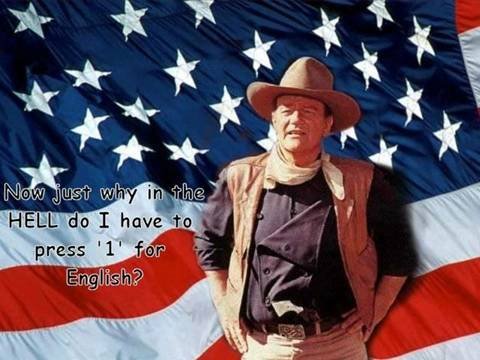
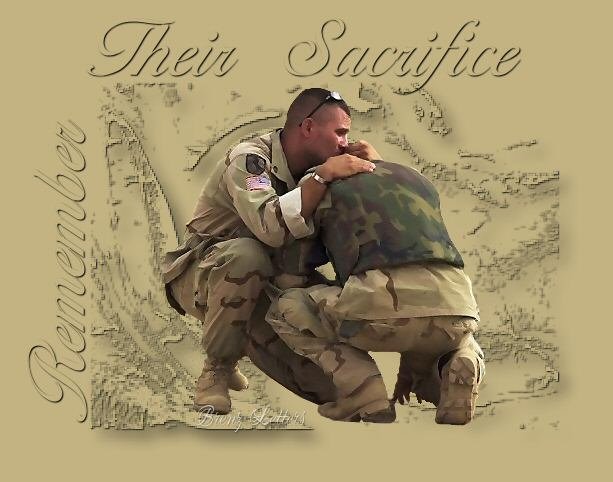











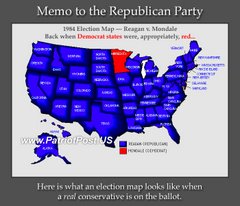

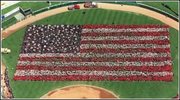
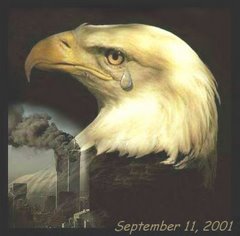























|